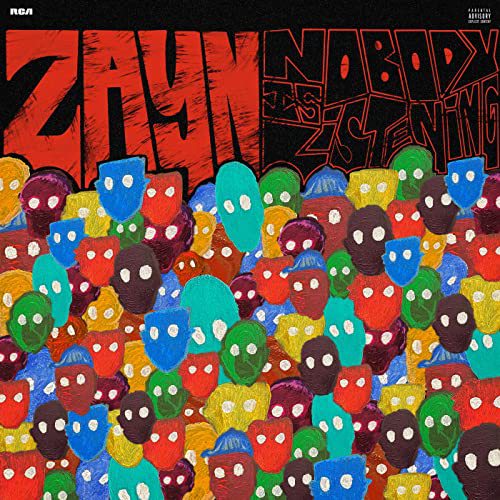When it comes to pursuing and engaging in higher education, there are inevitable stressors that impact the mental state of the typical, overall college undergrad. Of course this varies among a multitude of components; whether that be your year in school, the financial space the student is in, their race, gender and current discipline that they’re studying for. The experiences that undergraduates are going through are different, but somehow are essentially the same. While doing undergraduate studies and trying to juggle a magnitude of things to handle and worry about, one of the things that has to be added onto students’ fragile minds is the pending questions: where am I going to go for grad school after I finish college? How am I gonna pay for it? Most of all, is it worth it?
When discussing how crucial it is to acquire a bachelor’s degree in this current day in age, it’s become very much needed. Students are now coming to this revelation when applying to entry level jobs and finding out the BA degree is becoming the new diploma, meaning they’re getting lower-skill jobs and lower wages that come with it. Employment opportunities nowadays are increasing their qualifications and requirements. That comes with having a BA and an MA as well if you want a better, higher-paying job.
While interviewing peers from QC, mostly sophomores of various majors, on whether they saw themselves pursuing grad school after undergrad, most had very not-so-positive responses and expressed negative attitudes towards the idea. Sophomore accounting major Anna Virk adamantly said, “I don’t think I will pursue grad school after I graduate.” While conversing with a group of students on how their mental health has been affected since being in undergrad, the most recurring themes seemed to be societal pressures, financial woes and most of all, lack of conducive support from parents. “Finding time outside of class to hang out with one another and just have fun and bonding over a class that is an elective and brings them joy and not stress,” said psychology major, Deanna Young, commenting on how to de-stress.
Samantha Aversano, senior psychology major, spoke on experiencing applying to grad school and the struggles that came with it. She only applied to one graduate school program, Hunters MSW and said, “I tried my best to find an affordable masters program.”
Associate Professor in psychology at Queensborough Community College, Dr. Anissa, recounts her experiences while being in grad school at Teachers College, Columbia University. She says during that particular time, she wished she would have listened more to her mentors and professors in her field of psychology. She said, “I was very stubborn and didn’t want to listen to what they had to say. I had to learn things the hard way.” She realized how beneficial they were to her academic and professional career to really help guide her.
Stephanie Li, current grad student at QC in the Mental Health Counseling Program, states how rigorous and hard the program is and what it demands of her. She attends full time, taking 15 credits. She stated what she was told during her interview process before she got in the program, “I was advised in the beginning that due to the rigorous course load, working would not be best. And if so, it had to be part-time with a maximum of 10 hrs a week.” For a student who has to pay for school and other obligations, that seems like a real strenuous thing to deal with while pursuing another degree. She said, “For anyone who wants to pursue graduate school, they have to think very long and hard before wanting to engage that much of a time commitment for their intended career and see if they are really up to it.”














